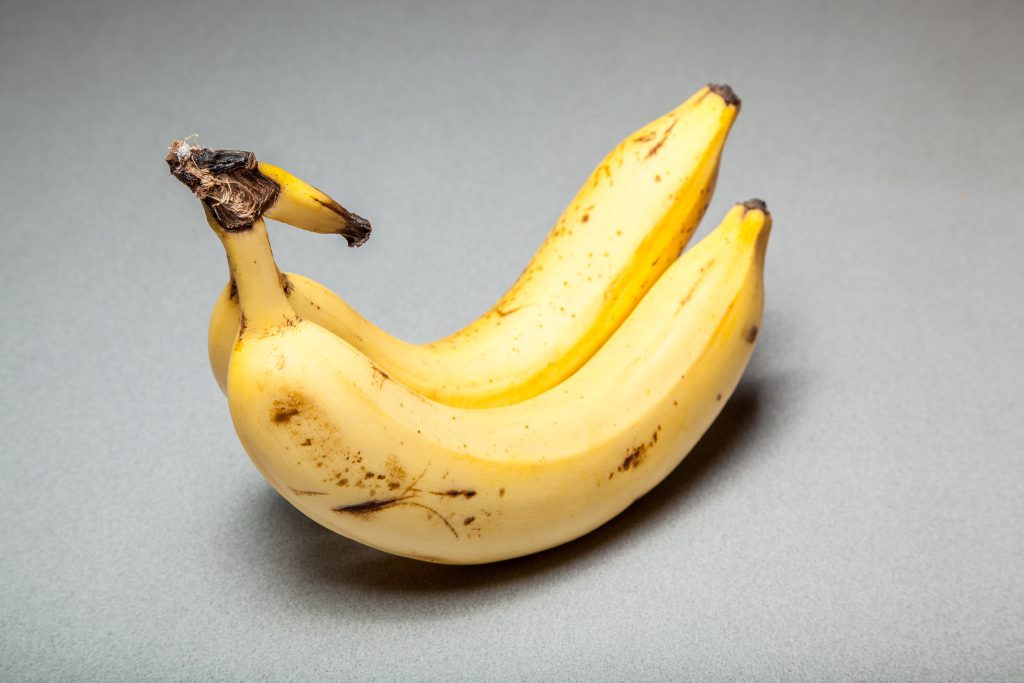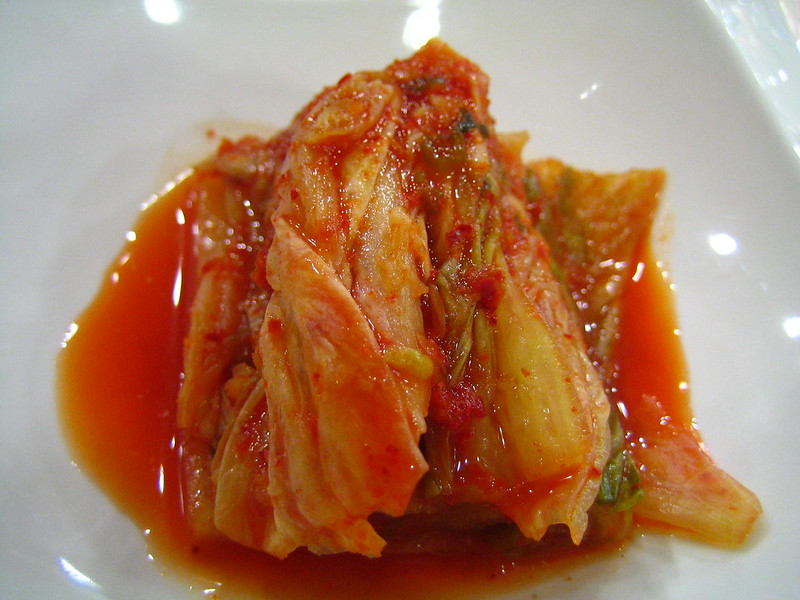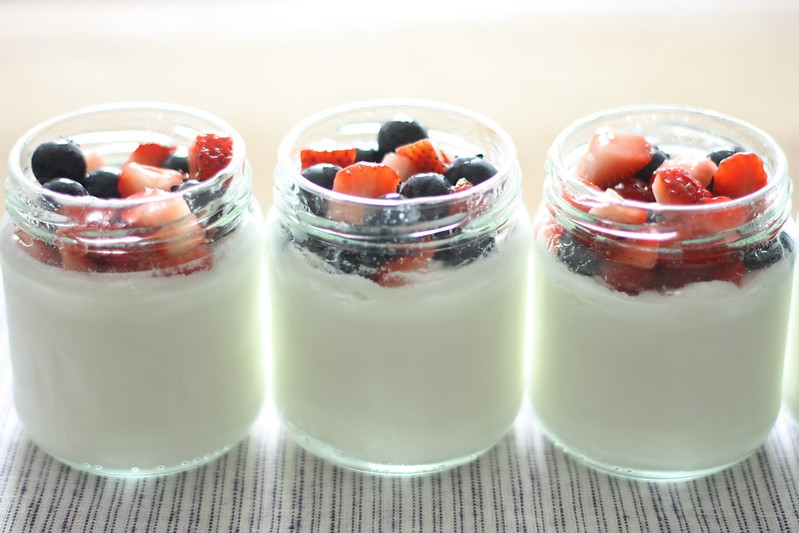Gut Health 101: Prebiotics, Probiotics, and Lifestyle Factors that Influence our Gut Microbiome

Published: July 12, 2023

You’ve likely heard the term “gut health” before, but do you know what it entails? Our gut plays a crucial role in our overall health and wellbeing. In this comprehensive guide, we’ll explore gut health, how prebiotics and probiotics can play a role, and what lifestyle factors can affect our gut microbiome.
What is Gut Health & Why is it Important?
Gut health refers to the balance and function of the bacteria living in our digestive tract. Our gut microbiome is a delicate mixture of “good” beneficial bacteria, and “bad” potentially harmful bacteria. When the balance of harmful bacteria outweighs the beneficial, problems start to arise. Our gut microbiome plays a significant role in many aspects of our health, including digestion, immunity, and even mental health (specifically anxiety and depression).1 Poor gut health has been linked to various health conditions, such as irritable bowel syndrome (IBS), inflammatory bowel disease (IBD), and weight gain.2

Prebiotics: Feeding the Good Bacteria
Prebiotics are non-digestible dietary fibers that help feed the good bacteria in the gut. If you’re struggling with the difference between prebiotics and probiotics, it’s helpful to think of “pre-” as “before.” We have to have prebiotics to provide the nutrients that probiotics need to flourish. They stimulate the growth and activity of beneficial bacteria in the colon, which in turn contributes to better gut health and overall wellness. Prebiotic-rich foods include:3
- Chicory root
- Jerusalem artichoke
- Bananas
- Garlic
- Onions
- Leeks
- Asparagus
- Apples
Prebiotics play a crucial role in maintaining a healthy environment for good bacteria to flourish, which can improve digestion and immunity.3,4

Probiotics: Adding Good Bacteria to Your Gut
Probiotics are live bacteria that can bring numerous health benefits when ingested in adequate amounts. They can help restore the balance of good bacteria in your gut, which may have been disrupted due to factors like stress or antibiotics. Probiotic-rich foods include:5,6
- Yogurt
- Kefir
- Sauerkraut
- Kimchi
- Miso
Including probiotic-rich foods in your diet can help ward off various digestive troubles and boost your immune system.6
Lifestyle Factors that Influence Gut Health
Besides prebiotics and probiotics, various lifestyle factors can affect your gut health. Here are some actionable steps to take for improving gut health:
- Manage Stress: High-stress levels can negatively impact the gut microbiome. Implement stress-reducing practices like meditation, getting out into nature, deep breathing exercises, and yoga.7
- Get Enough Sleep: Lack of sleep can alter your gut bacteria and increase inflammation.8 Aim for 7-8 hours of quality sleep each night.
- Exercise Regularly: Physical activity can benefit your gut microbiota by enhancing microbial diversity.9 Prioritize at least 30 minutes of moderate exercise most days of the week.
- Diversify your Diet: Eating a diet rich in fruit, vegetables, whole grains, and healthy fats can increase the abundance of good bacteria in your gut.10 Aim to include a variety of plant-based foods in your meals to increase prebiotics.

Take Charge of Your Gut Health Today
Now that you understand how crucial gut health is and how to improve it, it’s time to make some positive changes in your life. By consuming a balanced diet rich in prebiotics and probiotics, managing stress, getting enough sleep, and exercising regularly, you can support a healthy gut microbiome and boost your overall health.
Want recipes that are tailored to your goals?
Take charge of your health and longevity with Kyla’s Longevity program! Our expert team, including a registered dietitian, provides comprehensive support on your journey to living a long, healthy life. Discover your personalized nutrition and wellness plan tailor-made for you today!
References
- Clapp M, Aurora N, Herrera L, Bhatia M, Wilen E, Wakefield S. Gut microbiota’s effect on mental health: The gut-brain axis. Clin Pract. 2017;7(4):987. doi:10.4081/cp.2017.987
- Zhang YJ, Li S, Gan RY, Zhou T, Xu DP, Li HB. Impacts of gut bacteria on human health and diseases. Int J Mol Sci. 2015;16(4):7493-7519. doi:10.3390/ijms16047493
- Davani-Davari D, Negahdaripour M, Karimzadeh I, et al. Prebiotics: Definition, types, sources, mechanisms, and clinical applications. Foods. 2019;8(3):92. doi:10.3390/foods8030092
- Markowiak P, Śliżewska K. Effects of probiotics, prebiotics, and synbiotics on human health. Nutrients. 2017;9(9):1021. doi:10.3390/nu9091021
- The microbiome. The Nutrition Source. Published August 16, 2017. Accessed June 8, 2023. https://www.hsph.harvard.edu/nutritionsource/microbiome/
- Kechagia M, Basoulis D, Konstantopoulou S, et al. Health benefits of probiotics: a review. ISRN Nutr. 2013;2013:481651. doi:10.5402/2013/481651
- Madison A, Kiecolt-Glaser JK. Stress, depression, diet, and the gut microbiota: human–bacteria interactions at the core of psychoneuroimmunology and nutrition. Curr Opin Behav Sci. 2019;28:105-110. doi:10.1016/j.cobeha.2019.01.011
- Smith RP, Easson C, Lyle SM, et al. Gut microbiome diversity is associated with sleep physiology in humans. PLoS One. 2019;14(10):e0222394. doi:10.1371/journal.pone.0222394
- Monda V, Villano I, Messina A, et al. Exercise modifies the gut Microbiota with positive health effects. Oxid Med Cell Longev. 2017;2017:3831972. doi:10.1155/2017/3831972
- Heiman ML, Greenway FL. A healthy gastrointestinal microbiome is dependent on dietary diversity. Mol Metab. 2016;5(5):317-320. doi:10.1016/j.molmet.2016.02.005